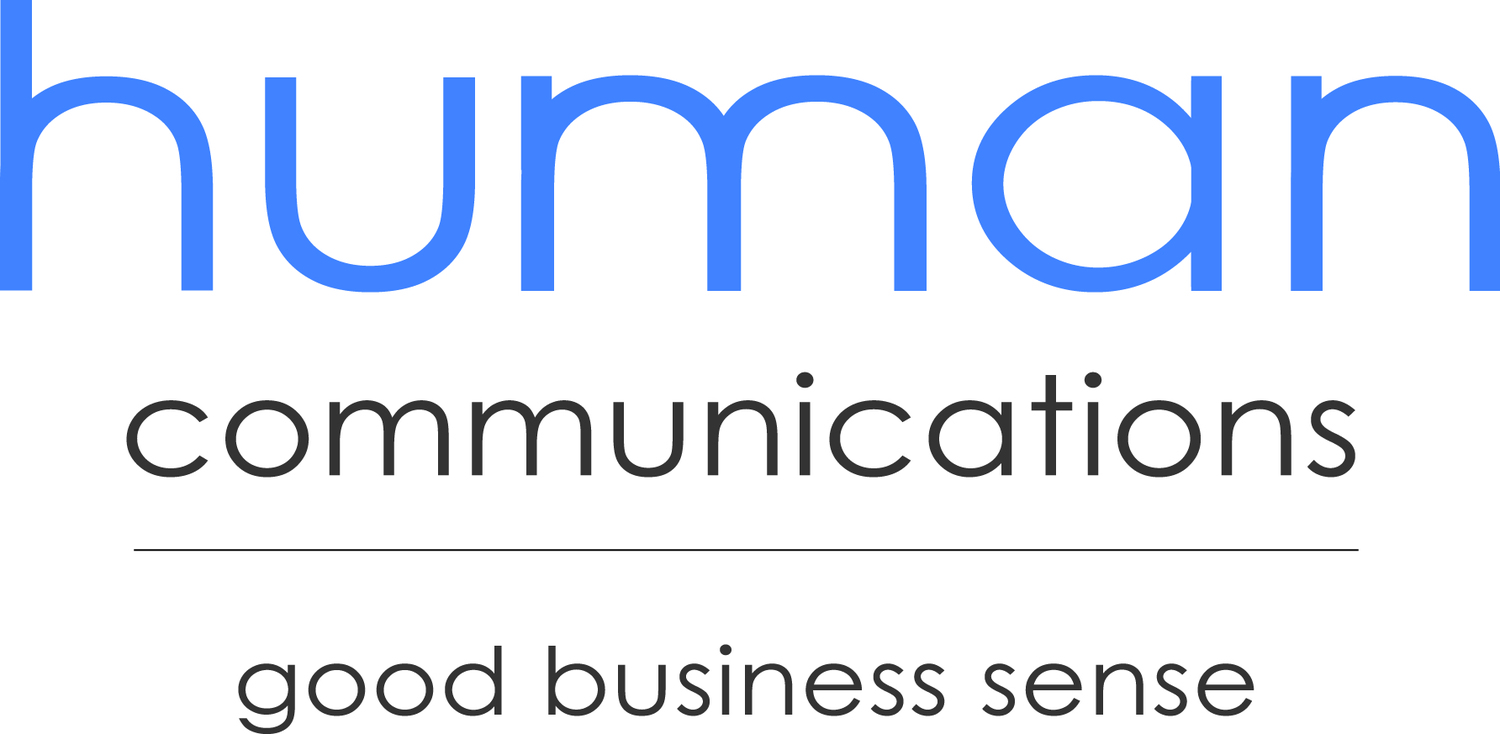Business jargon – a danger to road users?
As consumers around the world struggle to understand what companies mean when they fail to use plain English, two recent stories have explored some of the problems associated with business jargon.
In ‘Plain English becoming lost art in corporate America’, USA Today looks at the issue of jargon being used as a euphemism by car manufacturers to water down the attention drawn to possible vehicle defects.
The article cites a recent General Motors document that reportedly told engineers to avoid using certain words with negative connotations. Instead of referring to a ‘defect’, for example, staff were advised to say that a vehicle ‘does not perform to design’.
But in their efforts to combat regulatory concerns and the threat of legal action, companies can actually increase the risks by communicating in ‘incomplete and inaccurate ways’, warned Amy Edmondson, a Harvard Business School professor quoted in the article.
Elsewhere, in ‘Squaring the circle’, the BBC’s Howard Mustoe investigates the rise in business jargon, which is often used as a tool to avoid dealing with problems directly, according to one management professor.
Although jargon is not a new phenomenon, says Mustoe, businesses that use it ‘are leaving their customers and even their own staff scratching their heads about where their firms are going’.
The story also highlights how phrases that have not been clearly defined, such as ‘market advantage’, can create problems within companies since colleagues may have different interpretations of their meaning.
And, with investors and analysts now able to examine every word spoken by corporate leaders thanks to searchable transcriptions of company conference calls, the article notes a warning for businesses from the Plain English Campaign. If they don’t drop the jargon quickly, says a campaign spokesman, they risk making it a permanent fixture.
Are your business materials suffering from too much jargon? Find out how our editing and proofreading services can help.

